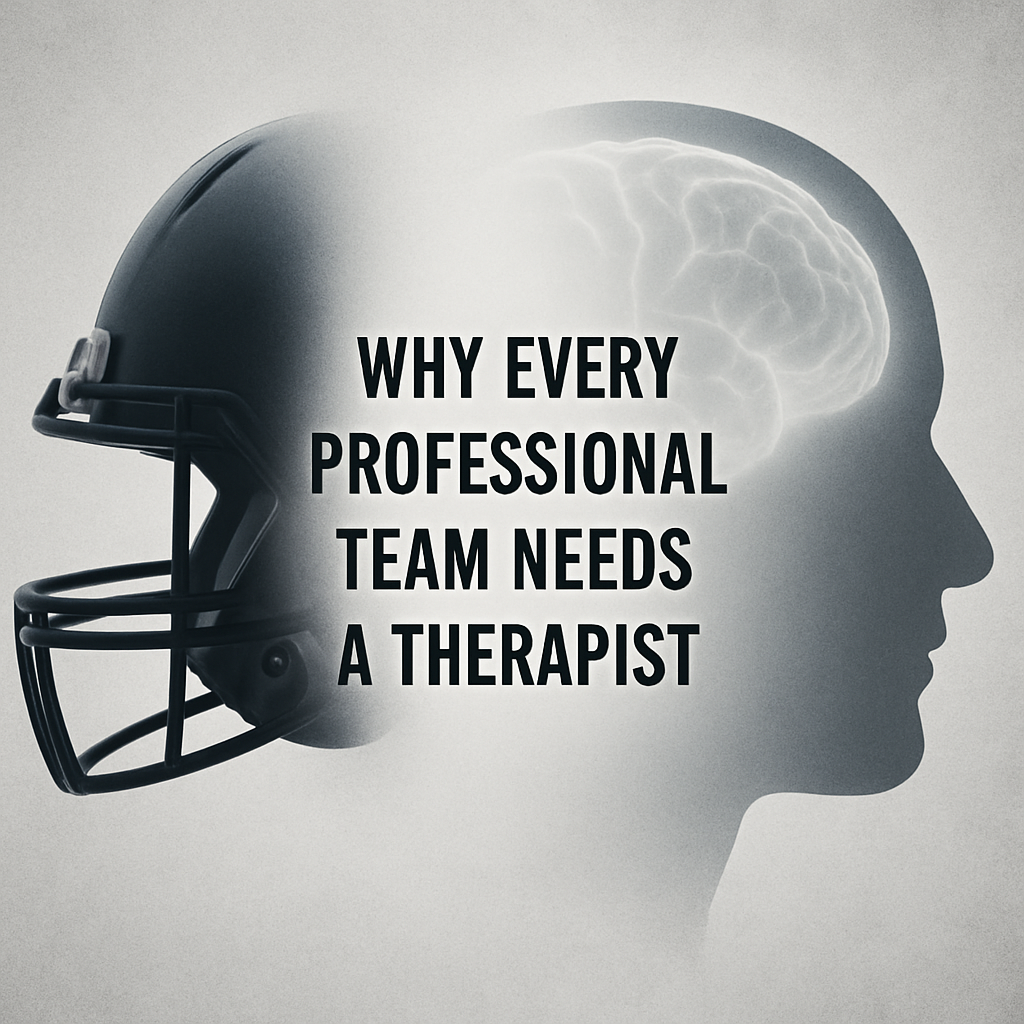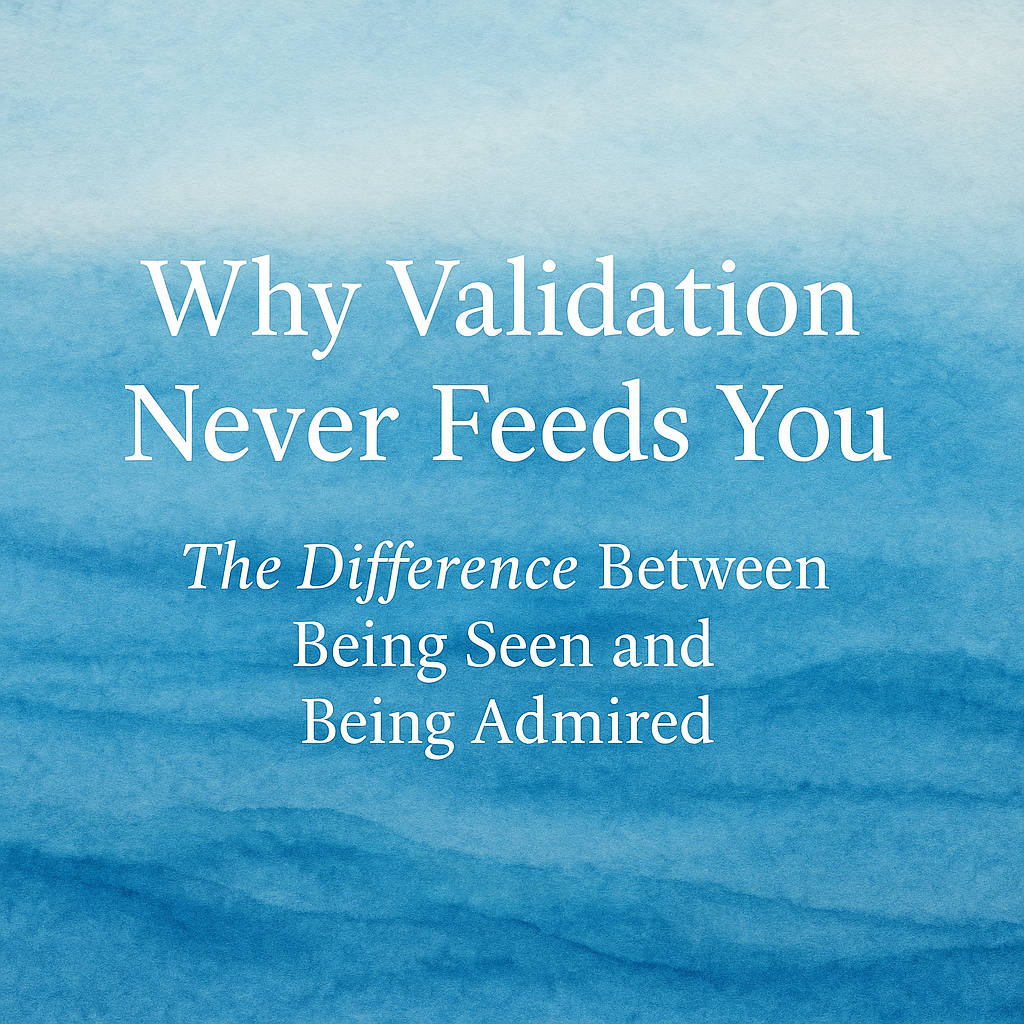In light of Marshawn Kneeland’s tragic passing, this piece explores how professional sports can no longer afford to treat therapy as optional. Athletes need depth-trained therapists as integral members of every team—because the mind is part of the game.
In light of the loss of Marshawn Kneeland
When news broke of Marshawn Kneeland’s death at just 24, the sports world paused—but only briefly. As headlines fade and games resume, what remains largely unaddressed is the deeper crisis this tragedy illuminates: the emotional lives of athletes are often left to fend for themselves.
Reports indicate that Kneeland had struggled with mental health issues and was still grieving the recent death of his mother. For a young man thrust into the pressures of professional sports—new city, new expectations, and the constant hum of scrutiny—that grief didn’t have anywhere safe to go. And like many athletes, he likely did what the culture teaches best: keep pushing through it.
The Unseen Weight Behind the Jersey
We romanticize resilienceResilience is the ability to adapt and recover from adversity and trauma. Building resilience is ess... in athletes. Play hurt. Shake it off. Don’t let them see you sweat. Yet behind that valorization of toughness lies a profound misunderstanding of what true strength requires.
Athletes live at the intersection of extreme visibility and deep isolation. Their performance is public, but their inner world is private—and often unacknowledged. When personal losses, relationship struggles, or identity crises collide with the unrelenting demands of professional sport, something has to give. And too often, it’s the psyche that breaks first.
It’s time we stop treating mental health care as a crisis response and start integrating it as a foundational element of team life.
Therapists Should Be as Common as Trainers
Every team employs nutritionists, strength coaches, and medical staff—all essential. But few have full-time, depth-trained therapists on staff. It’s an omission with real consequences.
Because the truth is, the athlete’s mind is part of their equipment. When that mind is burdened—by grief, anxiety, depression, or the immense pressure to maintain an identity of invincibility—the entire system falters.
Just as the body requires recovery days, the psyche requires emotional processingEmotional Processing involves the ability to recognize, express, and integrate emotions related to t.... A quality therapist, particularly one trained in depth and relational approaches, helps athletes explore the unseen patterns shaping their performance: perfectionism, fear of failureFear of failure is a common type of anxiety where individuals worry excessively about not meeting ex..., loss of identity, early experiences of approval and rejection. These are not abstract issues; they live in muscle tension, in decision-making under stress, in the rhythm of play.
The body tells the story the mind avoids. A therapist helps translate it.
When Life Affects the Game—and the Game Affects Life
We’ve seen it over and over again: athletes at the peak of their craft struggling privately. The losses, divorces, public breakdowns, sudden retirements, and substance use aren’t anomalies—they’re signals of a system that conditions performance but neglects personhood.
When an athlete’s self-worth is welded to outcome, when their value is contingent on stats or contract extensions, emotional life becomes perilous terrain. It’s no wonder so many athletes struggle after injury, demotion, or retirement—their identity was never allowed to expand beyond the game.
Therapy provides a container for that expansion. It helps athletes differentiate who they are from how they perform. It builds the emotional elasticity that sustains longevity and meaning in careers that often end before age 35.
The Humanization of High Performance
Integrating mental health professionals into professional sports isn’t about fragility—it’s about sustainability. The next frontier of athletic excellence won’t come from new data analytics or recovery tech; it will come from emotional intelligenceEmotional Intelligence refers to the ability to recognize, understand, and manage one’s own emotio..., from teams that value psychological integration as much as physical conditioning.
A therapist embedded within a team culture does more than treat symptoms. They create a language for reflection. They help coaches understand transferenceTransference is a phenomenon in therapy where clients project feelings and emotions from past relati... dynamics—how players may unconsciously relate to authority figures as they did to early caregivers. They help athletes metabolize loss, failure, and success without fragmentation.
This kind of integration doesn’t just protect athletes; it elevates them. When the psyche is no longer at war with itself, the body performs freely.
Toward a Culture of Care
Imagine a world where every professional team had a psychodynamic therapist on staff—someone athletes could speak to confidentially, regularly, and without stigma. Where therapy wasn’t damage control, but daily maintenance.
Marshawn Kneeland’s death is a heartbreaking reminder of what happens when emotional pain goes unseen and unsupported. Grief, pressure, and identity loss can form an unbearable weight—especially in a culture that only celebrates strength.
The solution is not more toughness, but more tenderness in the system itself. Teams must invest in the unseen side of performance—the inner world that makes movement possible.
Because mental health isn’t an add-on to performance. It is performance.
And if we truly value the athlete, not just the spectacle, it’s time we build the infrastructure that proves it.





